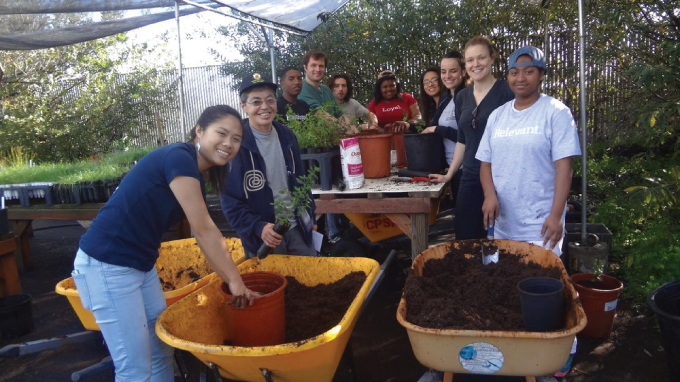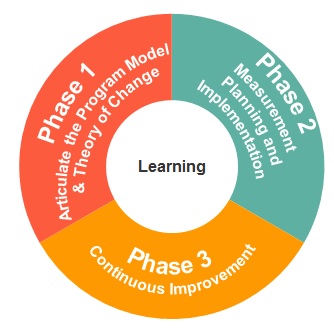
Environmental education programs grow stronger when their leaders and staff use data to learn – and improve. A new toolkit, drawn from the practical experience of peer organizations, can help them make it happen.
Consultants at Learning for Action (LFA) worked with nearly 20 nonprofits to advance their ability to collect and use data for continuous improvement. The programmatic focus for these organizations ranged from urban gardening and residential energy efficiency to habitat restoration and sustainable farming. However, all shared a commitment to increasing stewardship behavior and supporting youth development in underserved communities.
With funding from the S. D. Bechtel, Jr. Foundation, LFA defined a practical three-phase process that can help environmental education programs achieve better results. This toolkit walks through the steps involved in creating a theory of change, developing a measurement plan, and engaging in continuous improvement. Each phase is supported by examples and worksheets. While the toolkit is geared toward environmental education programs, the concepts, resources, and tips it contains can be applied to programs and organizations in virtually any issue area.
Access the Better Results Toolkit
LFA chief executive officer Steven LaFrance published a companion essay, Environmental Education for Kids: Three Keys to Success. It describes the importance of ensuring that programs for young people are sufficiently intense, connected to the classroom, and grounded in positive youth development principles.

